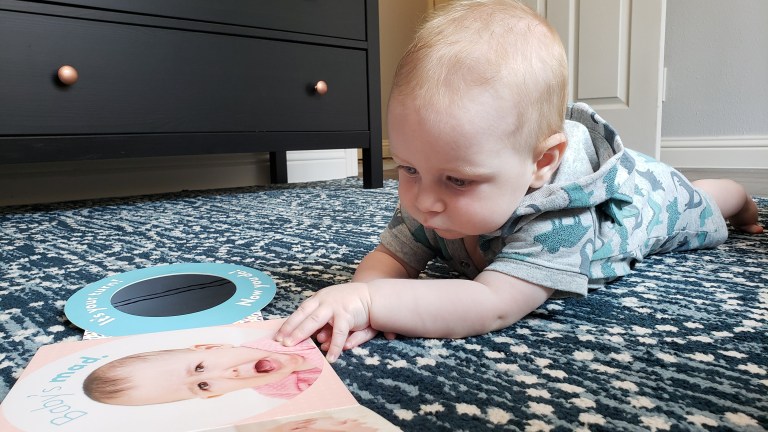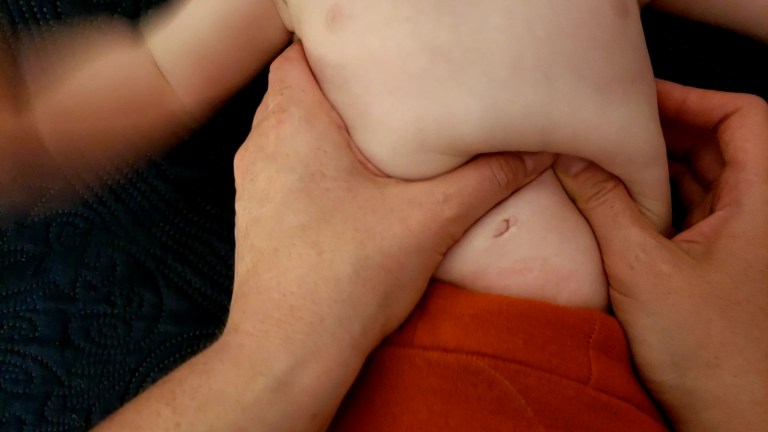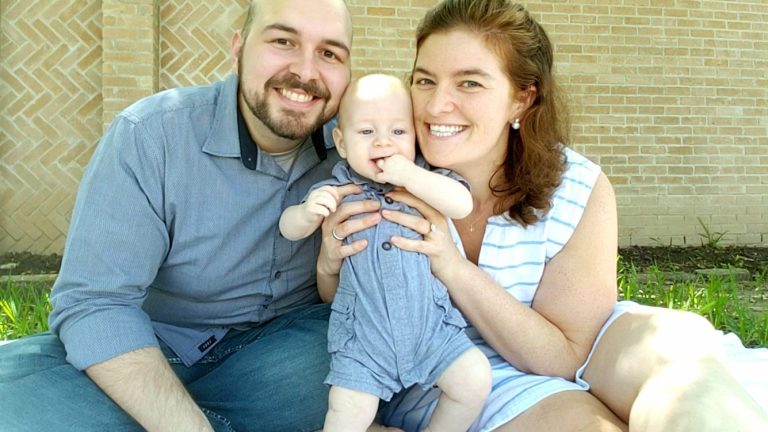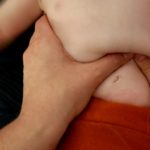Does it matter? Yes.
Will it affect everyone? No.
Here's the thing. I live in Houston, Texas, and in August of 2017 we had a preview of what an environmental disaster can do to a person's emotional well-being, and the physical implications afterwards. Hurricane Harvey left the city of Houston rebuilding for months and months. Still, years later I hear people tell stories of continued rebuilding of their damaged homes and properties.
Do you know what else I continue to hear? Stories of constipation, rumination, regression of toileting skills, and other symptoms that coincidentally align in time with Hurricane Harvey. At first, I thought the kids that I saw with those timelines were a fluke. But then I kept seeing them. And I keep seeing them – years later, families arrive for treatment for bowel and bladder symptoms, and report the start of these symptoms within a short period of time after Harvey.
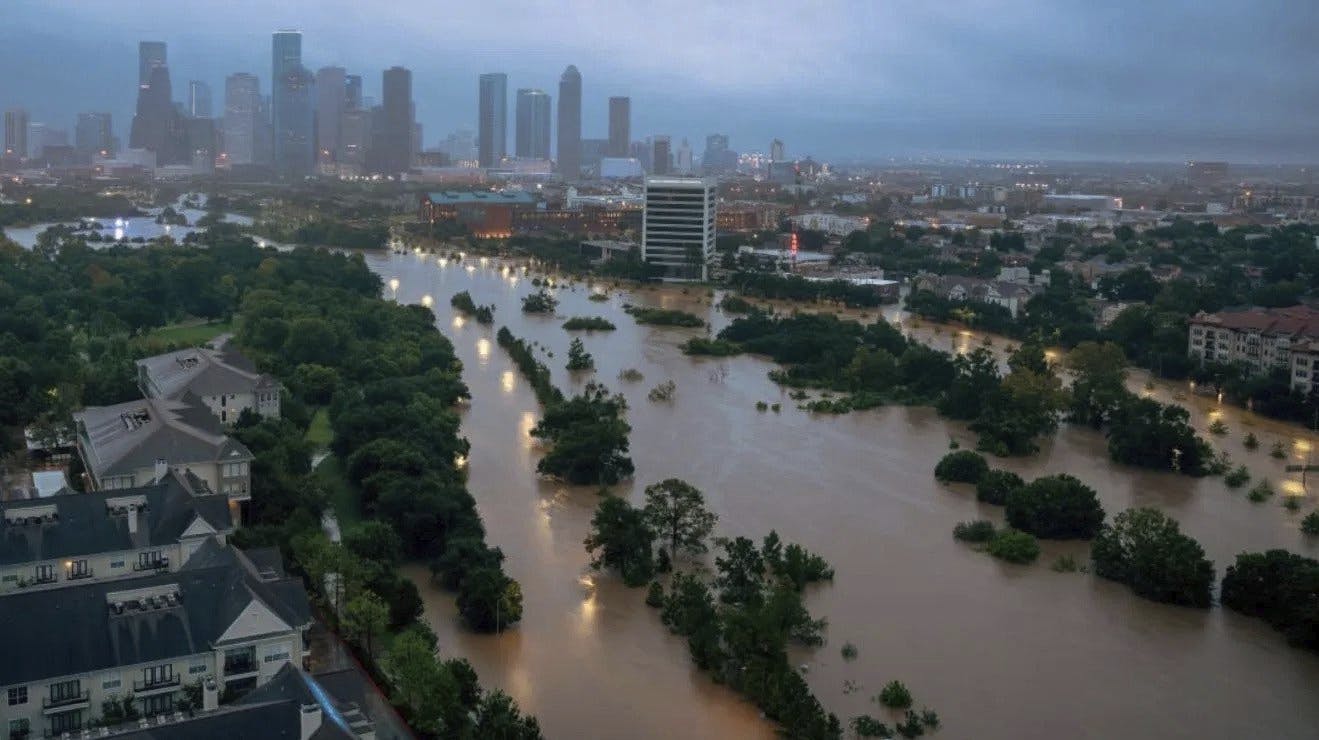
What does this mean? Well, I can't offer any formal research from what I've seen, but I can offer my first-hand experience, and my clinical judgments and deductions.
What I learned from Hurricane Harvey
If a person had any kind of impairment, symptom, or challenge related to toileting prior to Hurricane Harvey, those symptoms and challenges often returned or were magnified after the hurricane. (Although admittedly, I did only see the symptomatic kiddos who sought treatment).
Kiddos would often show signs of incomplete emotional processing from their experience with the Hurricane prior to showing signs of regression of their toileting symptoms. For example, I had a young patient (around 6 years old) that was suddenly and intensely fearful of all rainfall, especially thunderstorms, after Harvey. They started showing symptoms of toilet training regression in the spring of 2018 and began seeing me summer of 2018.
What this means for COVID
If your child has previously had any type of challenge related to toileting prior to the COVID, there may be a resurgence of symptoms and/or regression, now or in the future.
Children may react to the COVID environment similarly to how I saw children react to Hurricane Harvey. Incomplete processing of emotions in response to seeing people wear masks, the inability to play on playgrounds, or other abrupt changes in routines will leave kiddos confused and may lead to the same progression of emotions followed by physiological changes that I saw after Harvey.
What can you do?
Talk to your child about what is going on and help them understand to a point that makes them feel comfortable. Meet their emotional needs. Support them in times of stress. Have patience, understand that they may regress, and use the tools that have worked positively for you in the past, to help them move forward in a positive direction again now.
When you see a kiddo present with abrupt changes in their fears, habits, actions, etc., ask them about it. See if they will talk about why those things changed. Meet them where they are and help them work through emotions. The calmer and safer they feel now in response to the changes in their world due to COVID, the calmer and safer they will feel moving forward, and may be less likely to present with changes in their physiology (i.e., toileting difficulties) in the future.
The photo at the top of this article is of J with a book on baby emotions. J is currently 7 months old, and although he isn't talking or labeling emotions, he does take in an incredible amount of information. I've read quite a bit about what various practitioners believe babies understand and how babies process things. You and I may be on different pages, and that is OK! But what I currently buy into, is that verbally talking to J about what is about to happen, and then what he can expect to experience, helps to keep him in a state of understanding and his emotions healthy.
Our family of three (my husband, myself, and J) moved a few weeks ago. Prior to moving, I started talking to J about what would happen. I would tell him that our typical nursing spot would be somewhere new, his bedroom would be in a different place, our outside walks would be in a different neighborhood. No, he didn't nod his head in acknowledgement, nor did he cry when he heard me say these things. And yes, he did have a few difficult days after we moved. He didn't nap or sleep as well, and he did seem like he was on high alert and less vocal than typical. But all the while, I talked him through things. "I know this is a different place, but this is where we live now. This is where our couches are now, so this is where you will drink your milk. This is where our house is now, and we live here, so this is where we take walks now. " And now that we've lived here a little over 2 weeks, J is carving out a new, daily routine (albeit teething, so there are changes related to that).

What I'm trying to say, is that kids have emotional responses to anything that is new and different (moving, hurricane, or pandemic). What is hard is that kids often aren't given the reasons why they occur. As adults, we take our understanding for granted. We know why we moved houses. We know why the roads are closed due to flooding. We know why people choose to wear masks now. But kiddos don't. And sometimes that lack of understanding leads to stress, which can lead to internal body changes (check out my post here about stress).
I'm a proponent for helping kids understand in a way that they can hear, why things are happening – both at work, and in everyday life. If kids have a better understanding of the ‘whys,' their emotional stability and health is given the best opportunity to stay stable, and the likelihood of a resurgence or magnification of their symptoms is decreased.
Do you talk to your kids about things before they happen? Do you think there is a difference in the outcome for your kids when you speak to them about something that will happen versus when you don't? Do you think the stress of experiencing something without warning affects you differently than if you were warned about something prior to its occurrence?
Related Posts


